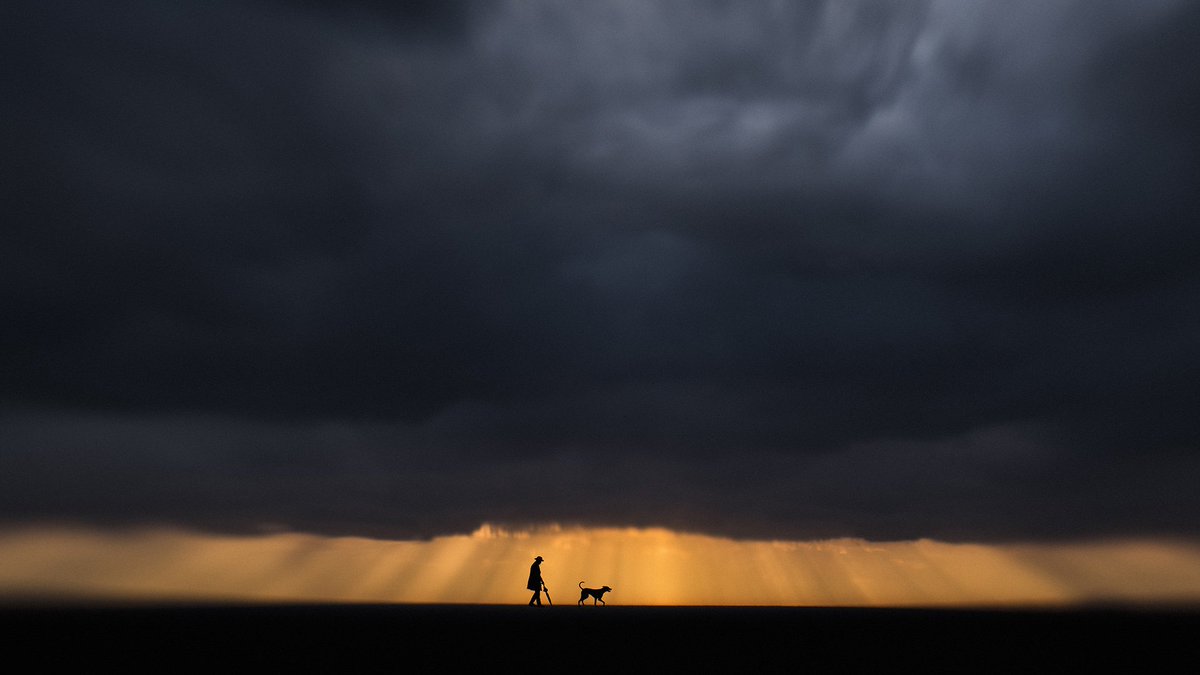It was nice while it lasted, wasn’t it? The quiet.
In March I was making notes for an essay on how difficult it is to find peace and quiet when the world suddenly came to a halt and my essay was outdated even before it had been written. Such was the shock of it I couldn’t write anything at first, at least not without resorting to cliché. I delved in my storeroom of stock phrases: the maddening crowd, the thundering traffic, bleating car horns, rumbling lorries, wailing sirens.
I wanted to write about how technology has brought a cacophony of sounds (my phone’s ringtones are obnoxious but have pretty names like ‘Forest Day’ and ‘Wind Dance’) while making other noises obsolete – when did you last hear the annoying, ear-piercing tone that tells you the number you’ve called is engaged?
There was going to be something about the peace I’d managed to find in Bolivia, a country you could hardly call quiet. On the bus in La Paz traditional music videos blast at full volume. You’ll never want to hear the pan pipes again. Even the bin collectors play a tune; it sounds like the tinkling of an ice-cream van, which caused me much confusion when I first heard it at six in the morning. I did find peace, though. I was in the Salt Desert, near purblind from the fierce sun’s reflection, the roiling clouds in the sky mirrored perfectly in the vast expanse of white. I bent down, stuck out my tongue, lapped up the sharp tang. I stood up again, looked around, and around again, for any sign of life amidst the barren, pristine landscape, but saw – and crucially, heard – nothing. There were no birds or insects. You could travel for hours and not hear a single sound, no buzz of fly or flap of bird-wing. I scribbled in my notebook: Silence isn’t golden. It’s white.
All of us, though, experienced this to a certain extent in March, April and May. We lived with silence, or relative silence anyway, for weeks, ambled within our 2km radius, then our 5k, enjoying the empty roads, the lack of traffic roar, noticed all the little things we blithely ignore. An interesting door. The way the light catches on the windows of a lane we never usually walk down. Foxes. Wildflower mini-meadows sprung up here and there. For two months in Smithfield I woke up to birdsong instead of the usual blare of traffic, honking horns and motorists shouting abuse. I walked around empty streets at what is normally rush hour, could have lain down in the middle of the road in an odd, muted city.
Then there was the day of the plane. When did you last see one? When did you last give one so much as a second glance, as I did that evening in June, following its path as it glided across the sky for five entrancing, blissful minutes, wondering who was on it and where it was going. I strained to hear its engines, but couldn’t.
The clamour has returned and it’s almost like those early weeks never happened. Is it still quiet where you are? I hope so. I can no longer hear the birds in the morning but notice how the gulls seem agitated at dusk. They wheel above my building, furiously squawking at each other, at the city, at me. I wonder if that sudden emptying-out of the place in March had them addled, and now they’re wary of us again. Perhaps they no longer trust us, no longer believe in the promise of scraps we offer.
Niall McArdle is one of the co-founders of Pendemic. His work has appeared in the Irish Times, the Lonely Crowd, Banshee, Spontaneity, AGNI Online and Phoenix Irish Short Stories, and has been broadcast on RTE Radio. Say hello to Niall on twitter.
